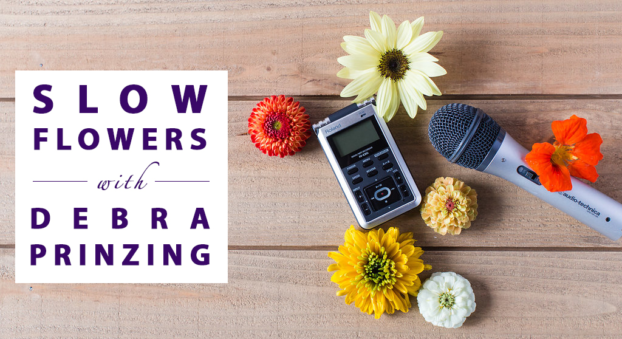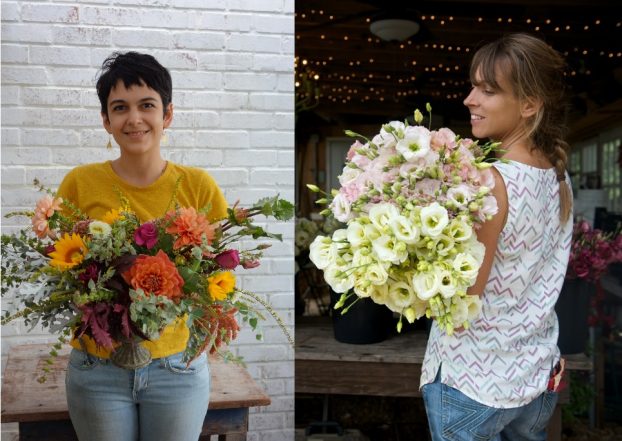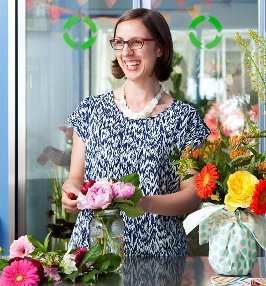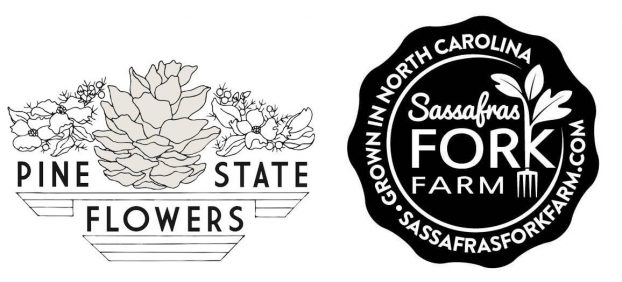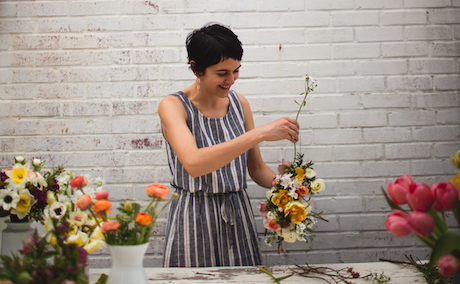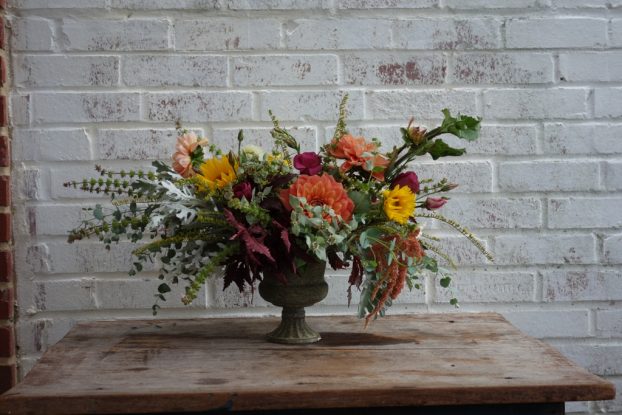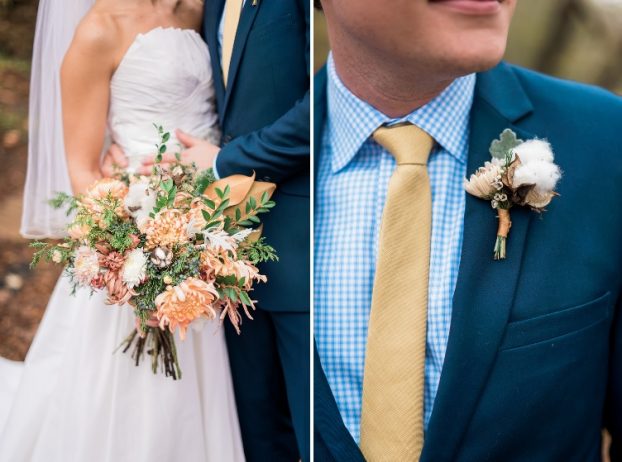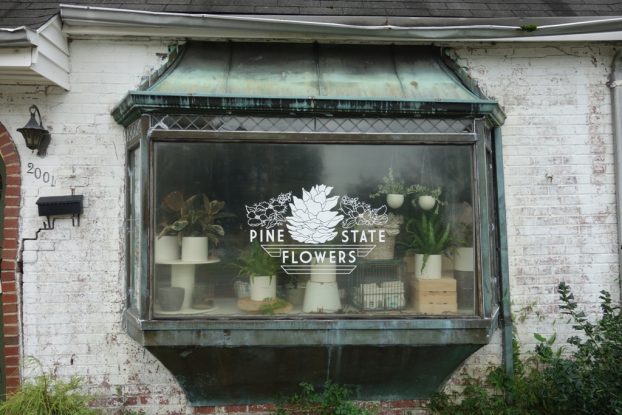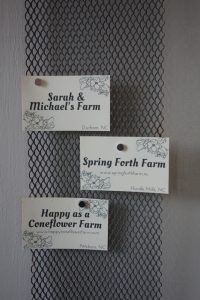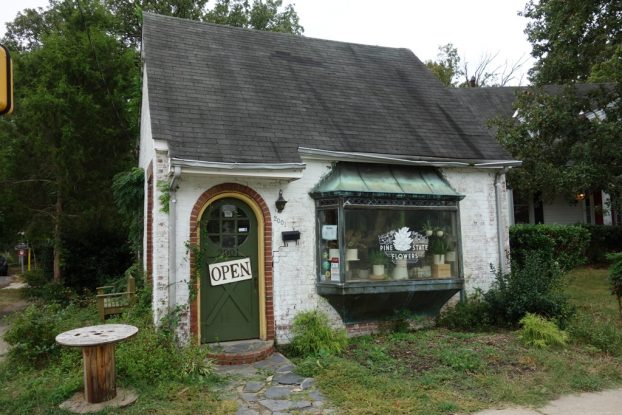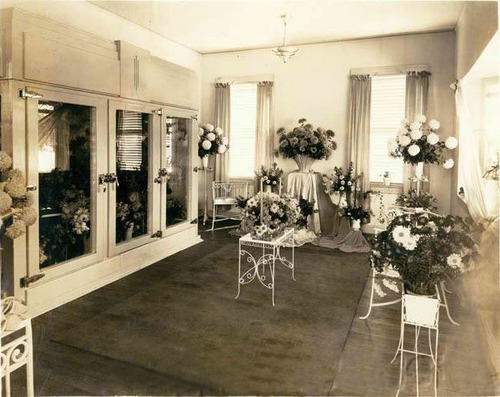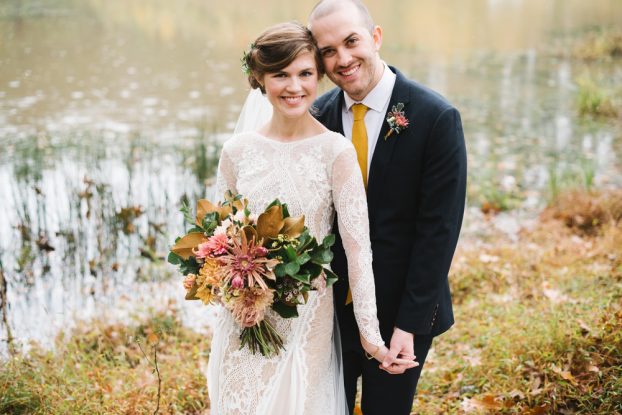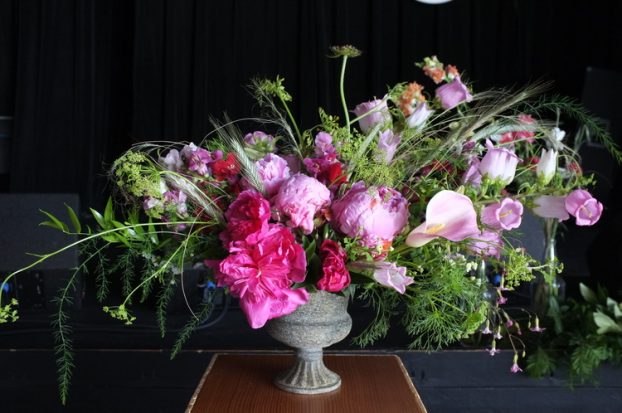Podcast: Play in new window | Download
Subscribe: Apple Podcasts | Podcast Index | RSS | More
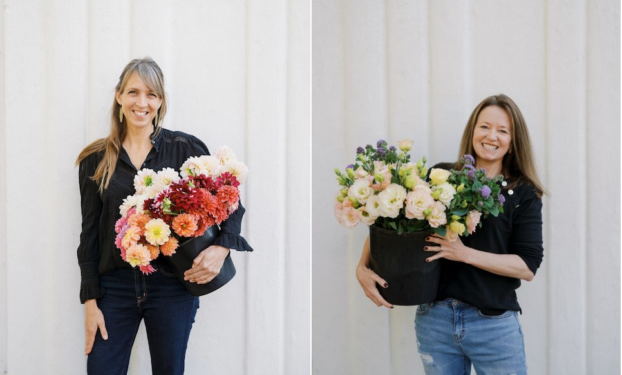
president ermitus (left) and Julia Carpico, Market Manager (right)
Based in Durham, North Carolina, Piedmont Wholesale Flowers’ tagline is: farmer-founded, farmer-directed, farmer-grown. Today, you’ll hear an update as this Slow Flower member cooperative celebrates the start of Season Eight with Stephanie Hall of Sassafras Fork Farm and market manager Julia Carpico.
Increasingly, Slow Flowers is enjoying the addition of flower collectives and cooperatives joining as members – a reflection of the decade-plus work we’ve been doing to advocate for a local and seasonal floral marketplace. This benefits everyone – from grower to florist and I’ve personally witnessed those relationships flourish and enhance our thriving community.
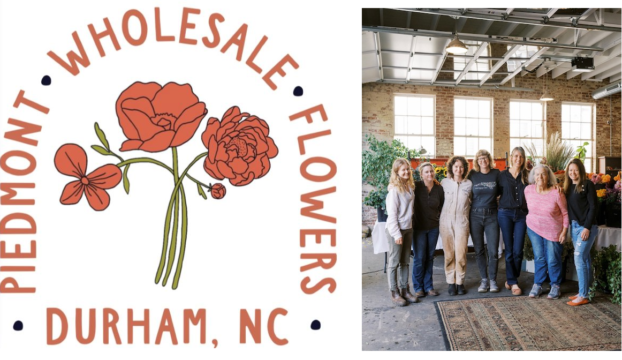
Today, we’re checking in with the Piedmont Wholesale Flowers, a hub in the Raleigh-Durham, North Carolina area, as I catch up with Stephanie Hall of Sassafras Fork Farm, long-time Slow Flowers member, and with Julia Carpico, the PWF market manager. My relationship with many of the growers and florists involved in PWF dates to September 2016, when I was invited to attend a flower farmer potluck and teach a creative writing workshop there. What an inspiring visit! I was there for a few days, and during the visit, I recorded a podcast episode with Stephanie Hall – you can listen here.
Later that fall I connected with Kelly Morrison of Color Fields Farm, another Raleigh area grower, and she told me about the origins of Piedmont Wholesale Flowers. That cooperative, one of the first to open after the Seattle Wholesale Growers Market landed on the map in 2011, is entering into its 8th season. Listen to my interview 2017 with Kelly on the start of Piedmont Wholesale Flowers.
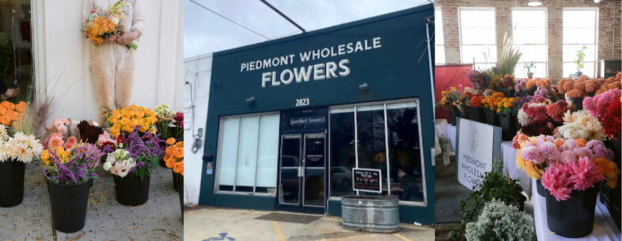
But a lot of good things have changed, and that’s what today’s conversation is all about. Piedmont Wholesale Flowers has moved into a new, larger market space and has added two more market days for a total of 3 market days per week. With 14 member farms, this is a solid, well-run flower hub and I’m thrilled that we’ll all learn more today.
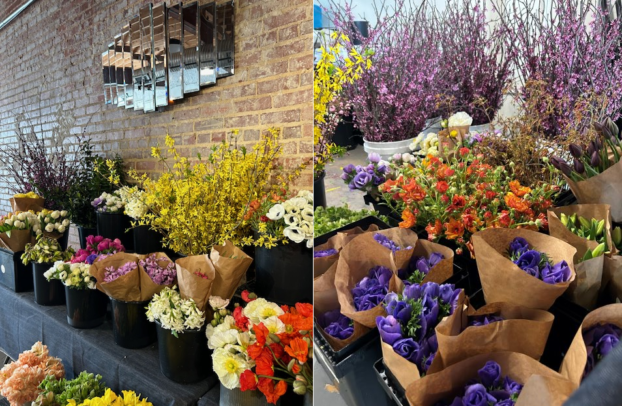
Find and follow Piedmont Wholesale Flowers on Instagram and Facebook.
ROOTED FARMERS UPDATE:
You may have heard Stephanie mention that PWF has recently moved to the Rooted Farmers platform. Rooted Farmers is sponsor of this podcast and longtime supporter of Slow Flowers. In fact, Slow Flowers members who want to sell through the Rooted Farmers’ platform enjoy a special discount. It’s a great opportunity! If you’re a Slow Flowers member, you can join Rooted Farmers using the code: SF2024. This code will work for $75 off for first-time members on either the Essentials or Pro plan for farms.
Thank you to our Sponsors
This show is brought to you by Slowflowers.com, the free, online directory to more than 750 florists, shops, and studios who design with local, seasonal and sustainable flowers and to the farms that grow those blooms. It’s the conscious choice for buying and sending flowers.
Thank you to Red Twig Farms. Based in Johnstown, Ohio, Red Twig Farms is a family-owned farm specializing in peonies, daffodils, tulips and branches, and a popular peony-bouquet-by-mail program. Learn more at redtwigfarms.com.
Thank you to the Seattle Wholesale Growers Market, a farmer-owned cooperative committed to providing the very best the Pacific Northwest has to offer in cut flowers, foliage and plants. The Growers Market’s mission is to foster a vibrant marketplace that sustains local flower farms and provides top-quality products and service to the local floral industry. Visit them at seattlewholesalegrowersmarket.com.
Thank you to Longfield Gardens, which provides home gardeners with high quality flower bulbs and perennials. Their online store offers plants for every region and every season, from tulips and daffodils to dahlias, caladiums and amaryllis. Check out the full catalog at Longfield Gardens at longfield-gardens.com.
I’m so glad you joined us today! The Slow Flowers Podcast is a member-supported endeavor, downloaded more than one million times by listeners like you. Thank you for listening, commenting and sharing – it means so much. As our movement gains more supporters and more passionate participants who believe in the importance of our domestic cut flower industry, the momentum is contagious. I know you feel it, too. If you’re new to our weekly Show and our long-running Podcast, check out all of our resources at SlowFlowersSociety.com
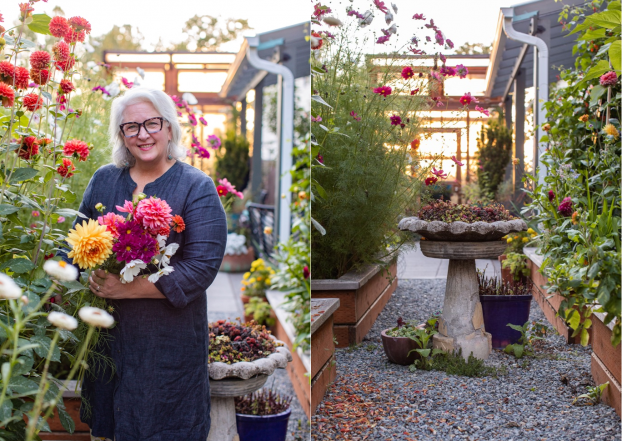
I’m Debra Prinzing, host and producer of the Slow Flowers Show & Podcast. The Slow Flowers Podcast is engineered and edited by Andrew Brenlan. The content and opinions expressed here are either mine alone or those of my guests alone, independent of any podcast sponsor or other person, company or organization. Next week, you’re invited to join me in putting more Slow Flowers on the table, one stem, one vase at a time. Thanks so much for joining us today and I’ll see you next week!
Music Credits:
Drone Pine; Gaena; Rafter
by Blue Dot Sessions
http://www.sessions.blue
Lovely
by Tryad
http://tryad.bandcamp.com/album/instrumentals
http://creativecommons.org/licenses/by-sa/3.0/
In The Field
audionautix.com










